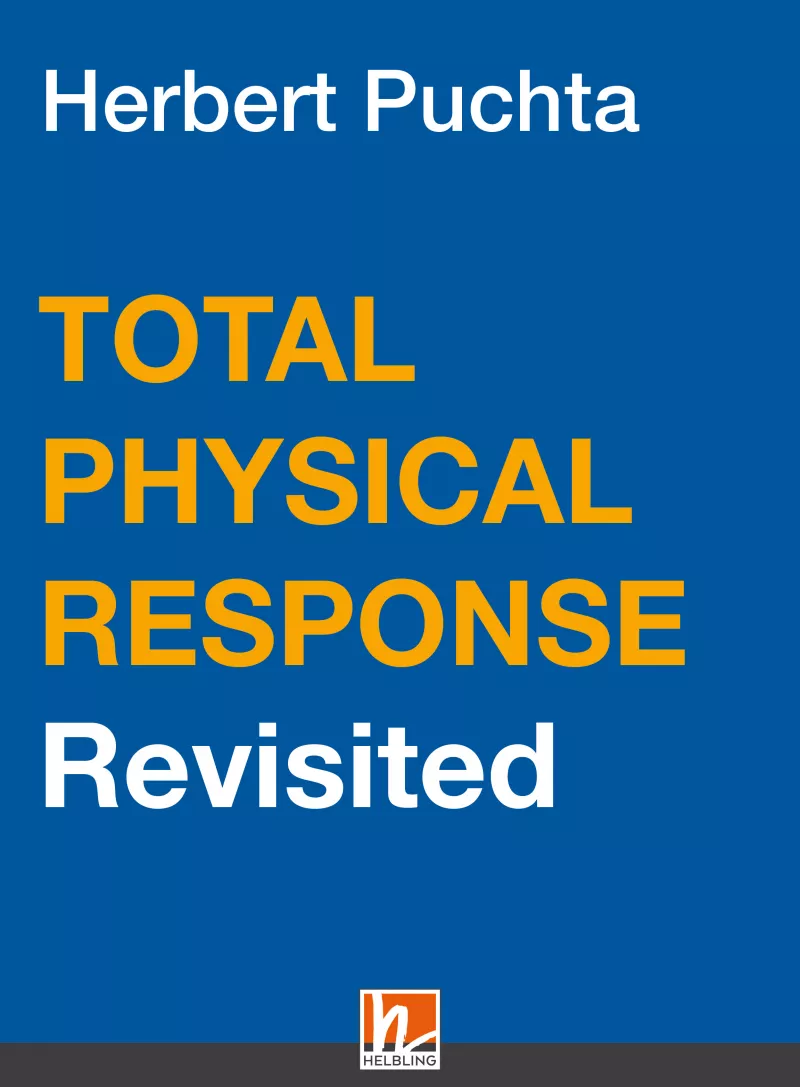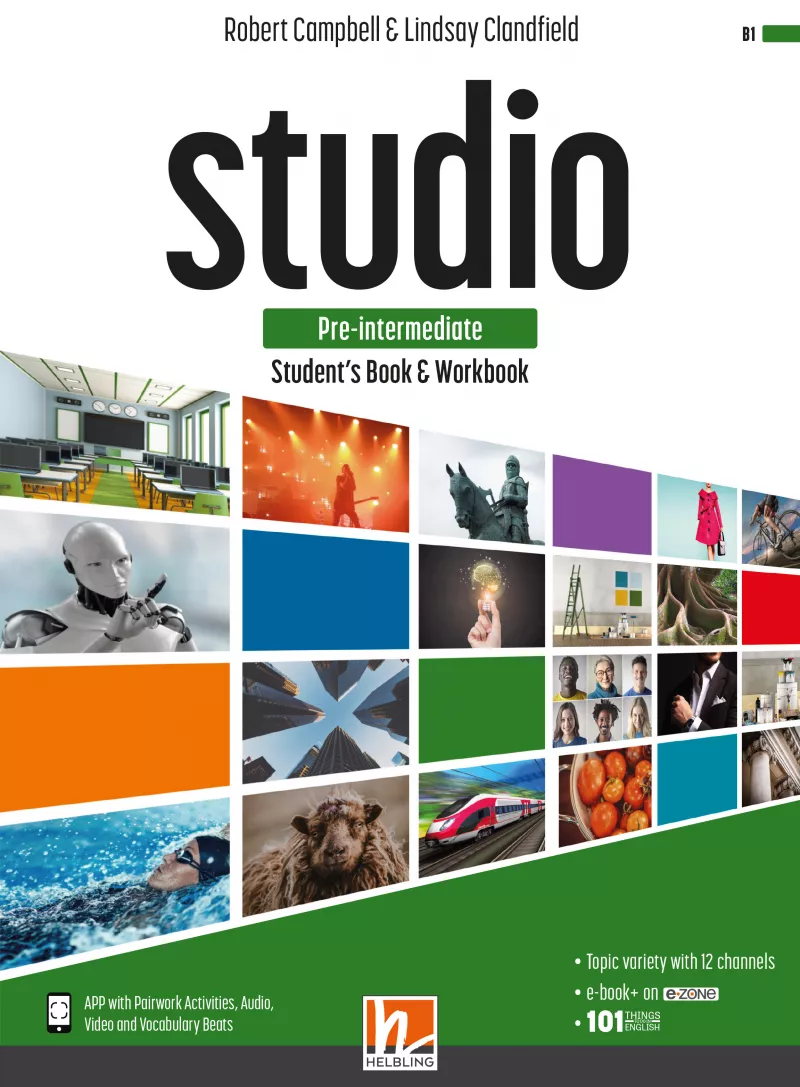HELBLING MASTERCLASS 2022: The Future of ELT - New Perspectives
A unique opportunity to further your knowledge and enhance your teaching by exploring and discussing some of the most topical issues in ELT teaching today with leading experts in the field.
Helbling Masterclass 2022 comprises four live sessions (September - December 2022) plus four digital books (three methodology titles and one level of our course book Studio).
In addition, participants receive reflection tasks and the chance to interact with the instructors and other attendees via an exclusive shared community space.
The sessions will also be recorded and available to watch on demand (for subscribed participants only).
WHO IS HELBLING MASTERCLASS FOR?
Helbling Masterclass is a course for English language teachers and ELT professionals who would like to:
- explore new teaching theories and techniques
- reflect on and professionalize their practice
- share teaching experiences with international colleagues
- keep abreast of current trends in ELT
FOUR DIGITAL BOOKS
Participants will also have access to the digital books that accompany the course, on Helbling e-zone.




A COMMUNITY OF PRACTITIONERS
Upon joining the course, participants gain access to an exclusive shared online space where they can join the international course community, share experiences, and access the pre-class resources.
After each live lesson, there will be a follow-up reflection activity posted on the shared community page where the authors will also join the online discussion for the two weeks following their class.
A team of moderators from Helbling will be on hand throughout to assist and support.
CERTIFICATION
On successful completion of the four live lessons, all participants will receive a Certificate of Attendance. The certificate will state the course title, dates, and hours of tuition involved and be signed by the programme director and course tutors.
If you have any questions, please contact [email protected].
MASTERCLASS PACK:
Course dates:
First live lesson: 22/09/2022 (registration closes 22/09/22)
Final live lesson: 01/12/2022
Masterclass Pack includes:
- 4 online live Masterclasses
(+ recordings) - 4 digital books (accessible online on HELBLING e-zone)
- Shared community space on HELBLING e-zone
COURSE FEE: 75,00 EUR
Register now






